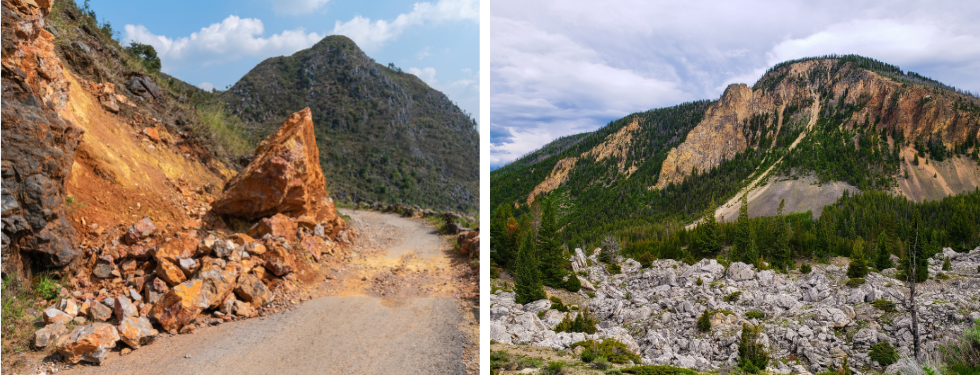Seminar on Cascading Hydro-geomorphic Processes and Compound Hazards in Mountain Catchments

Mass movements such as landslides and debris flow, and fluvial processes (i.e., floods) may naturally act together or interact in a given space and time. The physical response of mountain catchments concerning these hydrogeomorphic processes is hardly predictable due to their complex nature, the interplay between different controlling factors, and the rarity of these events. These cascading processes will very likely be exacerbated due to climate and environmental changes. Addressing the risks resulting from the combination of multiple processes and hazards faces enormous challenges that arise primarily from a still incomplete process interaction understanding. In addition, expertise is scattered across disciplines (geomorphology, geology, hydrology) and beyond (civil engineering, social science) limiting the potential to develop, and its ability to influence policy.
The University of Padova (UNIPD) and the Université de Lausanne (UNIL) organized a joint seminar, from 13 to 16 September 2022, which aims to identify the current gaps in knowledge regarding compound and cascade hydrogeomorphic hazards and risks and to suggest new frameworks to study the complex feedback and interactions between hillslopes and fluvial processes.
The goal is to boost and encourage the exchange of ideas, cooperation in research, and the crossing of disciplinary boundaries, bringing together academics (early-stage researchers and senior scientists) as well as practitioners and stakeholders.
The opening seminar “Cascading Hydro-geomorphic Processes and Compound Hazards in Mountain Catchments” is open to the public (registration required, fee waived) and it will take place on 13th September from 9.15 am at the Department of Geosciences (it will be available also online).
The seminar revolves around three topics with keynote speech and invited speakers:
TOPIC A:
Climate change and extreme events in mountain catchments (triggering cascading processes)
TOPIC B:
Advancing understanding of hillslopes-channel network cascading processes
TOPIC C:
Consequences of cascading processes on multi-hazards and risks
The topics of the seminar are relevant worldwide since according to the United Nations Office for Disaster Risk Reduction (2018), floods and landslides account for about 70% of economic losses due to natural hazards in the period 1998-2017.
UNIL and UNIPD research groups provide complementary disciplinary expertise and know-how and their combined efforts will extend current thinking into new paradigms to study the functioning of mountain catchments, including the complex feedbacks and interactions between hillslopes and fluvial processes.
As explained by Filippo Catani and Nicola Surian, full professors of the Department of Geosciences and members of the organizing committee: "We are looking forward to this seminar that deals with very challenging topics, both in terms of research and application. We expect that new ideas and the base for new collaborations will come out by this joint seminar that brings together researchers with complementary backgrounds and expertise".
Organizing committee: Filippo Catani, Michel Jaboyedoff, Nadav Peleg, Virginia Ruiz-Villanueva, Nicola Surian






